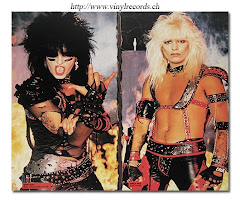Monday, October 12, 2009
The Awakening
From a modern perspective, The Awakening is not excessively scandalous nor revolutionary. As extramarital affairs are commonplace in both everyday life and the media, the story of a woman falling in love with a man other than her husband is not appalling or unheard. However, when Edna Pontellier's story is analyzed utilizing the mentality of Kate Chopin's age cohorts, the topic becomes progressive. Compared to Adele Ratignolle, Edna is everything that a women should not be. She does not care for her children: when her husband comments that their son is ill, she declares that he is fine without really checking on him or showing any care. Edna is not a doting wife: she falls in love with another man and refuses to respond to her husband's commands. While Adele adheres to the quintessential domestic ideal, Edna defies it. Interestingly, by today's standards, Adele is the unusual one. Edna represents the makings of the strong, independent woman who feminists admire. Adele, on the other hand, is the subservient housewife who lives off of her husband's success. By demonstrating that this was once the ideal, The Awakening indirectly highlights the changes that society has undergone.
The notions about the role of the female highlighted in Kate Chopin's The Awakening were revolutionary for their time. If Kate Chopin were to be writing in the present day, how would the presentation about the role of women be the same? How would it differ?
The notions about the role of the female highlighted in Kate Chopin's The Awakening were revolutionary for their time. If Kate Chopin were to be writing in the present day, how would the presentation about the role of women be the same? How would it differ?
Subscribe to:
Post Comments (Atom)


No comments:
Post a Comment
Note: Only a member of this blog may post a comment.